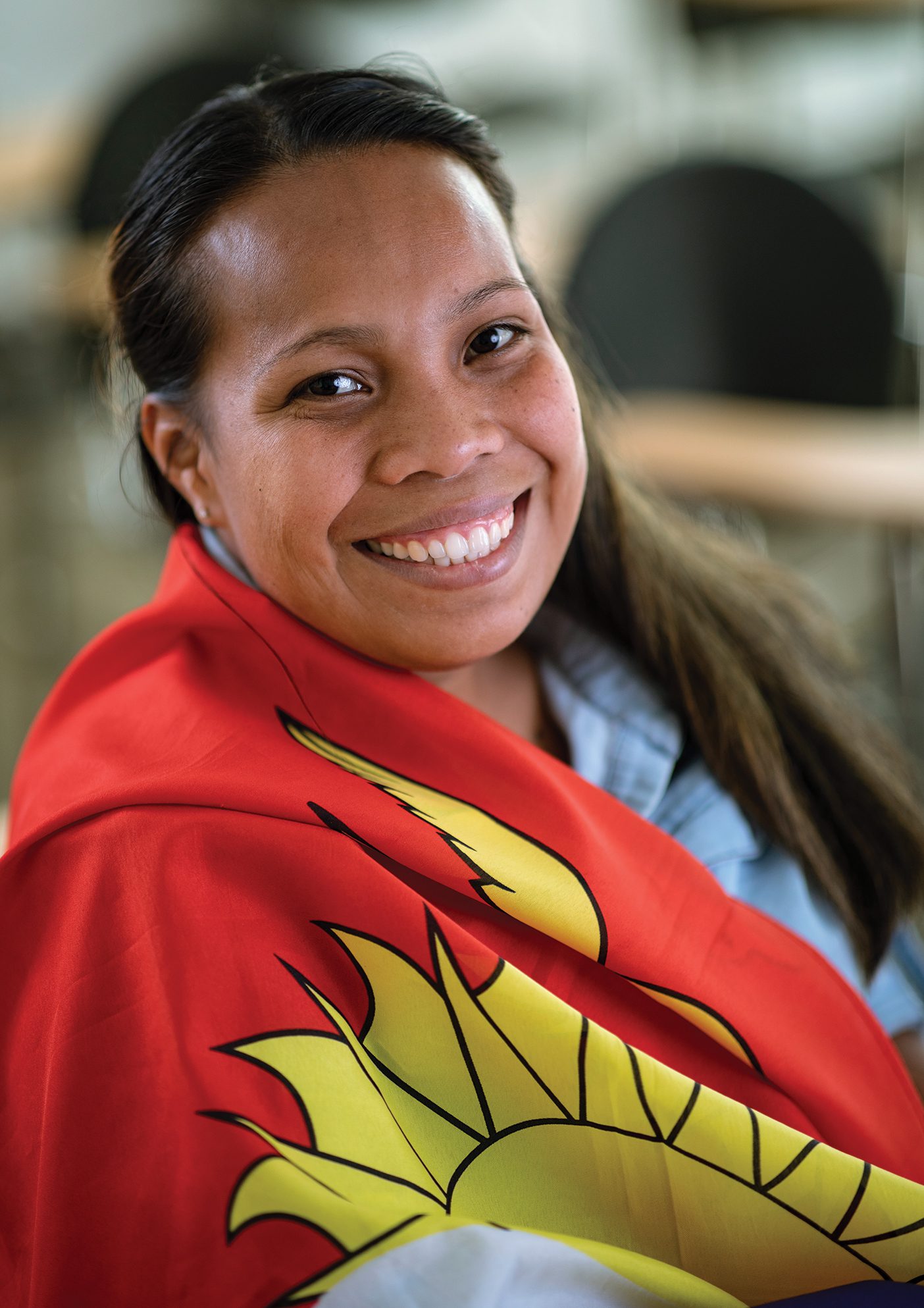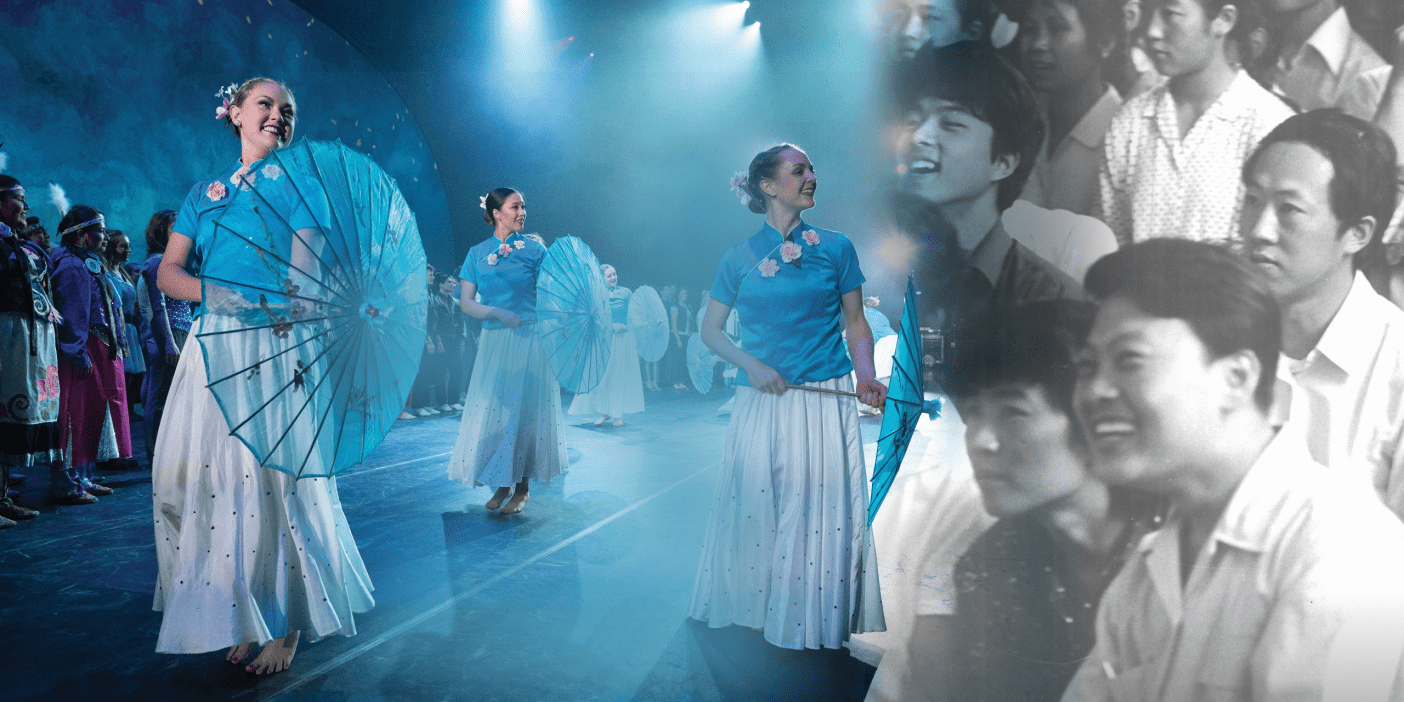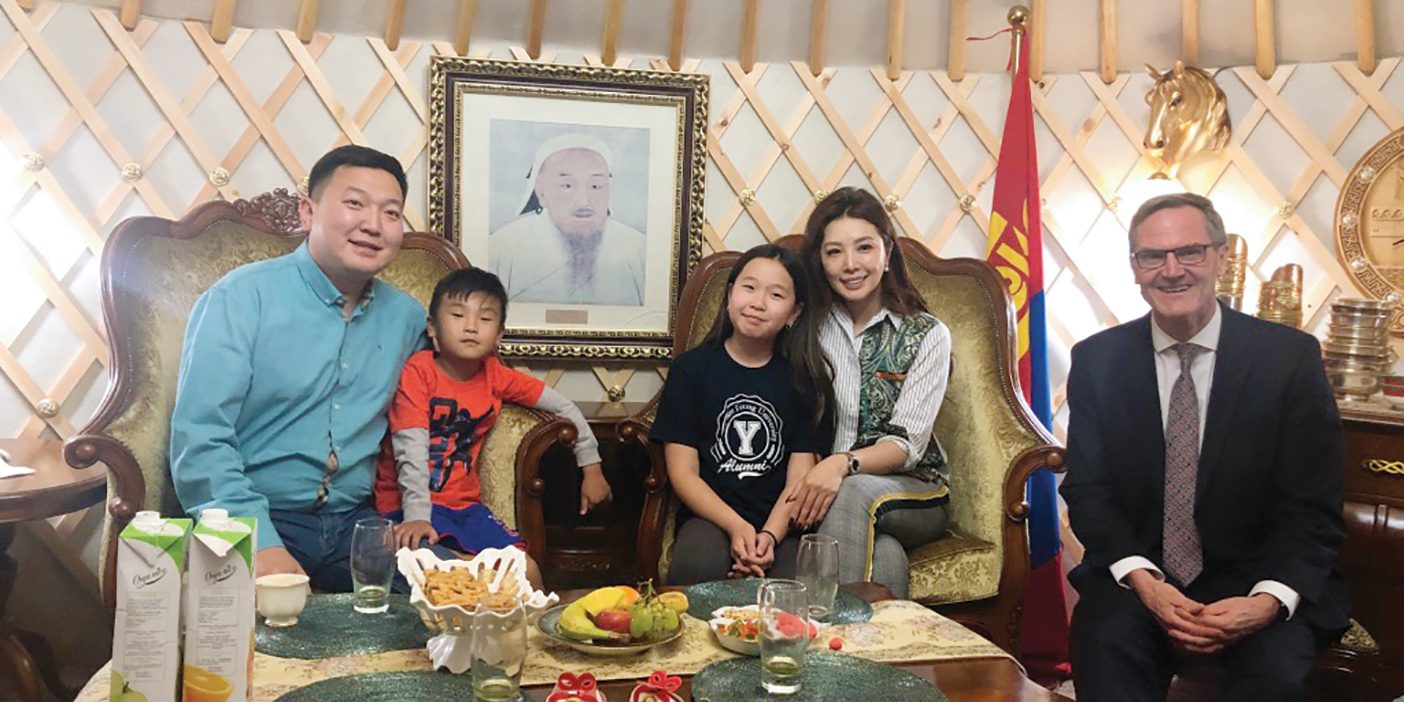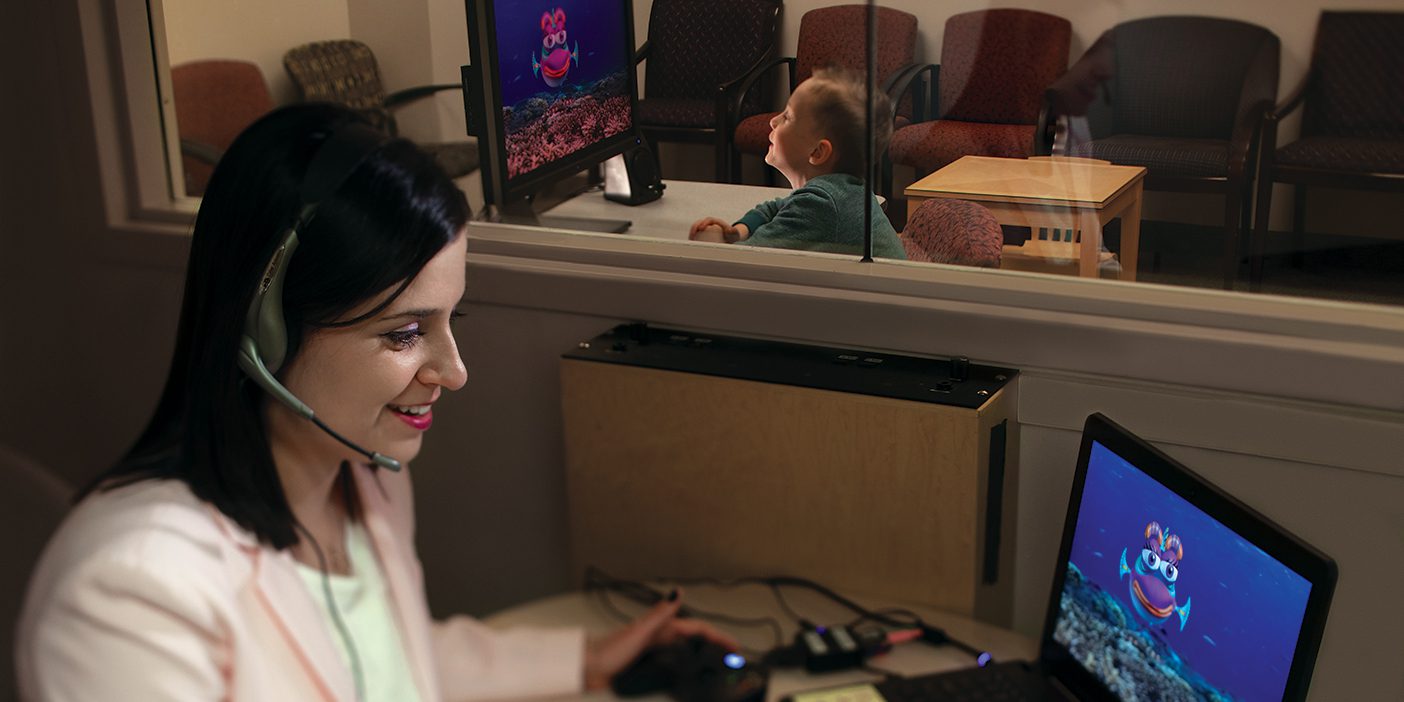
What does a threatened Pacific island country have in common with BYU? They both speak Kiribati. What is believed to be the first university Kiribati language course in the world started at BYU this year, taught by native speaker Tereua “Tee” Kainitoka.
The language is at risk as the Republic of Kiribati (pronounced Kiribass)—made up of 33 islands spread along the Pacific equator—experiences the effects of climate change and rising water levels. The islands are flooding, and, if environmentalists’ concerns become reality, some 117,000 citizens may eventually be forced to evacuate, putting their culture and language in peril. But Kainitoka and an army of returned missionaries at BYU are doing their part to sustain them.
Although BYU offers 15 languages as majors or minors and classes in around 50 less commonly taught languages according to demand, until 2019 there was no Kiribati.
“Our cultures, our language, can’t sink.” —Tereua Kainitoka
It was up to RMs from the Marshall Islands/Kiribati Mission to prove the demand. Jacob R. Buhler (’21) spent more than two years helping fellow RM students petition for the class, emailing and turning up at BYU’s Center for Language Studies (CLS) offices. According to Kainitoka, “even the parents of the students were calling in.” David E. Nielsen, CLS instructional programs coordinator, calls these students “one of the most passionate” groups to ever work with the center.
The center found an instructor in Kainitoka, a convert to the Church who had attended BYU–Hawaii shortly after her baptism. It was there that she met her Utah-native husband and graduated in intercultural studies.
When she began teaching her first class of 25 in January, an old friend was among the students. Taylor Everett met Kainitoka on his mission in Kiribati and taught her shortly after her baptism. Since then, they’d kept in touch over Facebook, and he even helped Kainitoka’s family look for housing in Provo.
Everett, a visiting student from Utah Valley University, enjoyed being immersed again in all things Kiribati, reminiscing with fellow RMs and speaking the language. He calls it “the closest thing to being back in the country without being in the country.”
And it was more than just verbs and vocab. Kainitoka gave assignments covering the history and culture of Kiribati including a midterm where the students wrote and illustrated children’s books in Kiribati—a scarcity on the islands, where most are in English. Kainitoka plans to publish her students’ books and send them to a school on the island of Tarawa.
The Kiribati islands may sit on the front lines of climate change, but Kainitoka says, “Our cultures, our language, can’t sink.” Not if she and her RMs can keep them afloat.












